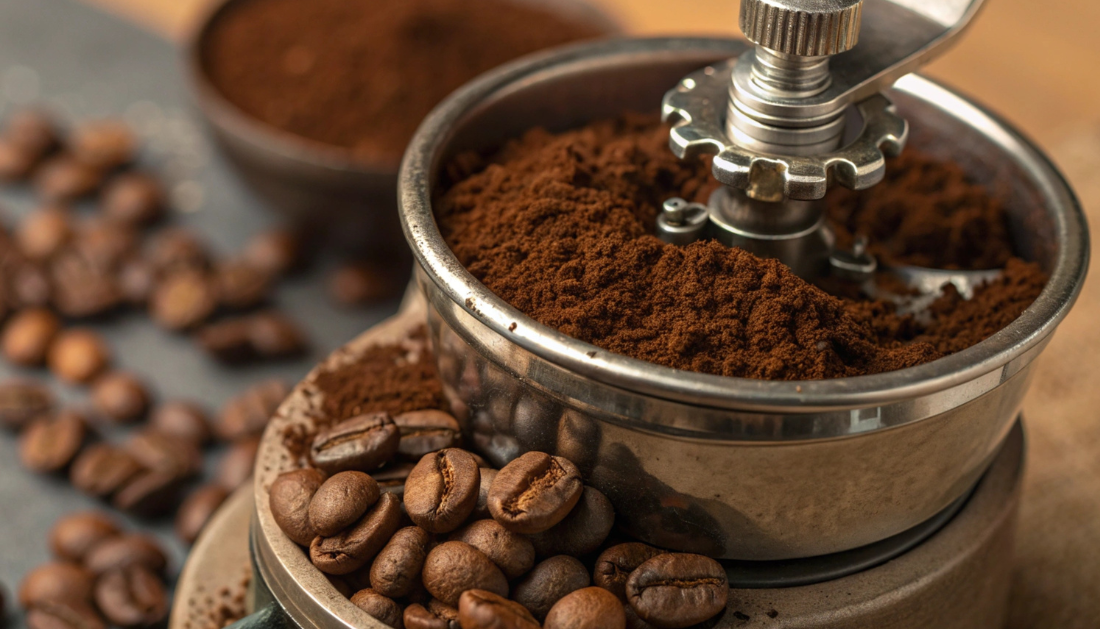

A new narrative review in Cureus examines whether coffee truly enhances cognition, protects the brain, and supports memory. The evidence shows potential benefits, but also reinforces that the mechanisms remain unclear and effects vary widely by dose, preparation, and individual metabolism.
Coffee and Cognitive Function: Does It Truly Enhance Mental Performance?
Coffee and cognitive function are among the most widely studied relationships in nutrition and neuroscience. The long-debated link between coffee and cognitive function continues to attract clinical interest. According to a review of 109 peer-reviewed studies, coffee may support alertness, reaction time, learning, memory accuracy, and mood. These findings apply not only to caffeine but also to the broader chemical profile of coffee.
However, the authors caution that most available data are observational, with outcomes influenced by coffee type, brewing method, dosing, and individual caffeine metabolism.
Explore All Neurology CME/CE Conferences and Online Courses
How Coffee Influences Neuroplasticity and Brain Aging
Animal and human data indicate that several coffee constituents, including caffeine and polyphenols, interact with pathways tied to learning, memory, and synaptic remodeling. Studies point toward enhanced long-term potentiation (LTP), improved vigilance, and better neural efficiency.
Yet the dose matters: high or continuous caffeine intake may impair hippocampal LTP, underscoring a narrow therapeutic window.
Coffee’s interaction with adenosine receptors, especially A2A, remains a leading mechanistic explanation. These pathways modulate neuronal excitability, inflammation, and energy balance, factors central to neurodegenerative diseases such as Parkinson’s and Alzheimer’s. Population-level studies show slower cognitive decline among habitual coffee drinkers, particularly women, though hormonal and metabolic variations make interpretation challenging.
Cognitive Benefits Beyond Caffeine Alone
Clinical trials show that coffee berry extract, apple polyphenols, and combinations of herbal compounds (such as sage or ginseng) may enhance alertness, reduce fatigue, and improve mood, sometimes independent of caffeine dose. Increased cerebral blood flow seen in some trials hints at a vascular or antioxidant contribution.
Coffee may also indirectly support cognition by reducing chronic pain perception through caffeine’s analgesic effects. Meanwhile, coffee’s impact on stress and sleep appears individualized; habitual drinkers often adapt without major disruptions to sleep architecture.
What Should Clinicians Know about Coffee and Cognitive Function?
Overall, coffee appears safe for most adults, may support memory and neuroprotection, and contributes to mood and attention improvements. But its true mechanisms, and optimal intake, remain unclear due to variations in bean type, preparation, metabolism, and genetic factors.
For HCPs, this review highlights meaningful trends but underscores the need for well-controlled clinical studies before drawing definitive conclusions.
Source:
Pergolizzi, J.V., Tenenbaum, J.T., Pergolizzi, C., LeQuang, J.A.K. (2025). Neurocognitive and Neurological Effects of Coffee and Caffeine: A Narrative Review. Cureus 17(10): e94742. DOI: 10.7759/cureus.94742, https://www.cureus.com/articles/407421-neurocognitive-and-neurological-effects-of-coffee-and-caffeine-a-narrative-review
more recommended stories
 CTNNB1 Syndrome Study Explores Beta-Catenin Defects
CTNNB1 Syndrome Study Explores Beta-Catenin DefectsKey Takeaways Researchers in Spain are.
 Tuberculosis Breakthrough with Experimental Antibiotics
Tuberculosis Breakthrough with Experimental AntibioticsKey Takeaways Experimental antibiotics disrupt a.
 National Healthy Longevity Trial Receives Federal Support
National Healthy Longevity Trial Receives Federal SupportKey Summary Up to $38 million.
 Vascular Health Linked to Early Alzheimer’s Brain Changes
Vascular Health Linked to Early Alzheimer’s Brain ChangesKey Takeaways Brain vascular health is.
 Red Blood Cells Improve Glucose Tolerance Under Hypoxia
Red Blood Cells Improve Glucose Tolerance Under HypoxiaKey Takeaways for Clinicians Chronic hypoxia.
 Nanoplastics in Brain Tissue and Neurological Risk
Nanoplastics in Brain Tissue and Neurological RiskKey Takeaways for HCPs Nanoplastics are.
 AI Predicts Chronic GVHD Risk After Stem Cell Transplant
AI Predicts Chronic GVHD Risk After Stem Cell TransplantKey Takeaways A new AI-driven tool,.
 Red Meat Consumption Linked to Higher Diabetes Odds
Red Meat Consumption Linked to Higher Diabetes OddsKey Takeaways Higher intake of total,.
 Pediatric Crohn’s Disease Microbial Signature Identified
Pediatric Crohn’s Disease Microbial Signature IdentifiedKey Points at a Glance NYU.
 Nanovaccine Design Boosts Immune Attack on HPV Tumors
Nanovaccine Design Boosts Immune Attack on HPV TumorsKey Highlights Reconfiguring peptide orientation significantly.

Leave a Comment